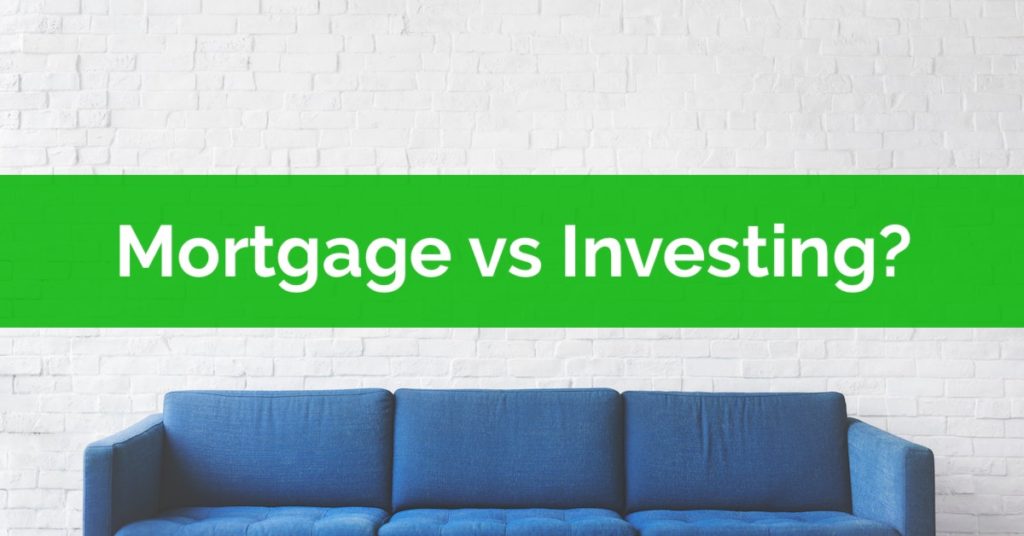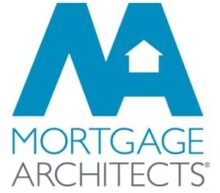
RRSP/Investing vs Mortgage Pay Down
In a society where financial planning education and free financial resources are as readily available as fast food, it is difficult to believe that most people do not understand how to use their cash flow and capital effectively. When determining many people’s top financial objectives, many people select building their net worth and paying off their mortgage at the top of their list. While at face level these seem to be rationale choices, what I will show you is not only why these goals may directly contradict one another, but also how being mortgage free is likely a detriment to building your net worth.
With rates of returns in the equity markets once again showing positive returns, RRSP contributions and investments are once again a hot topic. The challenge that this presents for most individuals is a clear one – with only a finite amount of income, how does one allocate their capital to acquire that often elusive net worth figure that brings you to the point where work is something you choose to do rather than need to?
The RRSP-versus-mortgage debate has for a long time been the source of much controversy. While there is no definitive answer, here are some clear-cut rules that will enable you to make an informed decision. The major factors influencing the choice of options are the mortgage interest rate versus the expected return in the RRSP, the investment time horizon versus the mortgage time horizon, the availability of RRSP contribution room, and the ability to capitalize on mortgage prepayment privileges.
Given an expected RRSP return equal to or greater than the mortgage interest rate, and an investment time horizon equal or greater than the likely mortgage life, maximizing RRSP contributions generally maximizes net worth because the tax-sheltered growth of an RRSP means you get compounded growth for a long period. Conversely, as the mortgage interest rate is greater, or the investment time horizon decreases, it generally becomes more attractive to prepay the mortgage.
Taken one step further, those of you who are fortunate enough to have used up all your RRSP contribution room should also closely look at whether borrowing to invest outside of your RRSP is a wise decision. While all the same principles stated above apply there are a couple of distinct elements to review. When considering building an investment portfolio outside of your RRSP you need to compare your after-tax rate of return relative to your after-tax cost of borrowing.
If you borrow to invest (with the expectation of gain) then the interest borrowed on that money becomes tax deductible. This means that the real rate of interest to the person borrowing the money becomes (1 less your marginal tax rate percentage) x interest rate on the money borrowed. For someone in the top tax bracket in Ontario this can reduce the cost of borrowing by nearly 50%.
The next important consideration is to determine your after-tax rate of return. When investing outside of your RRSP it is important to keep in mind that not all investment income/growth is treating equally for tax purposes and the difference will depend largely on your personal tax bracket. As a general rule, in order to optimize your after-tax rate of return you should likely seek capital gains first, dividend income second, and interest income third. If
A common misconception in society is that wealthy people do not have mortgages. The odds are that if you know a wealthy person without a mortgage then they likely inherited their money, do not have a good financial advisor, or are highly risk averse. With interest rates at where they are today, paying off your mortgage is likely not a wise financial decision if your hope is to have the highest and best use of your capital (which is the essence of net worth maximization).
In closing, take some solace in this; the next time you are at a cocktail party or family function and someone smugly tells you that they have paid off their mortgage – odds are they know little about personal finance and will likely limit their personal net worth as a result. After all, who really worries about a mortgage of a couple of hundred thousand dollars when your investment portfolio is a couple of million dollars and could be used to retire your mortgage any day you choose? By deploying this strategy, what you are doing is using other peoples’ money to build your net worth.
At the end of the day, the correct formula for the use debt for investing comes back to your investment objectives, personal goals, and risk tolerance. Clearly if your after-tax rate of return is greater than your after-tax cost of borrowing then you are getting ahead financially. Furthermore, if your cash flow allows you take advantage of the above strategies then they can greatly assist you in your retirement planning.
For those of you who like tools – the Ontario Securities Commission has a user friendly one that can be found clicking here (Pay Down Debt or Invest). If you want me to do a real life analysis – give my office a call and I would be happy to help!
Calum Ross is an Amazon and Globe and Mail bestselling author of The Real Estate Retirement Plan. He is a leading authority on personal finance and investing in real estate and has spoken on stages across Canada and the U.S. He has funded over $2.5 billion in mortgages since 2000, helping to create more than $1.8 billion of incremental net worth for his clients. He is regularly featured in the media as a mortgage expert including appearances on CTV, City TV, and BNN. The National Post, The Globe and Mail and The Toronto Star also quote him regularly. He is an alumnus of Harvard Business School and holds an MBA in finance from the Schulich School of Business. He lives in Toronto.
